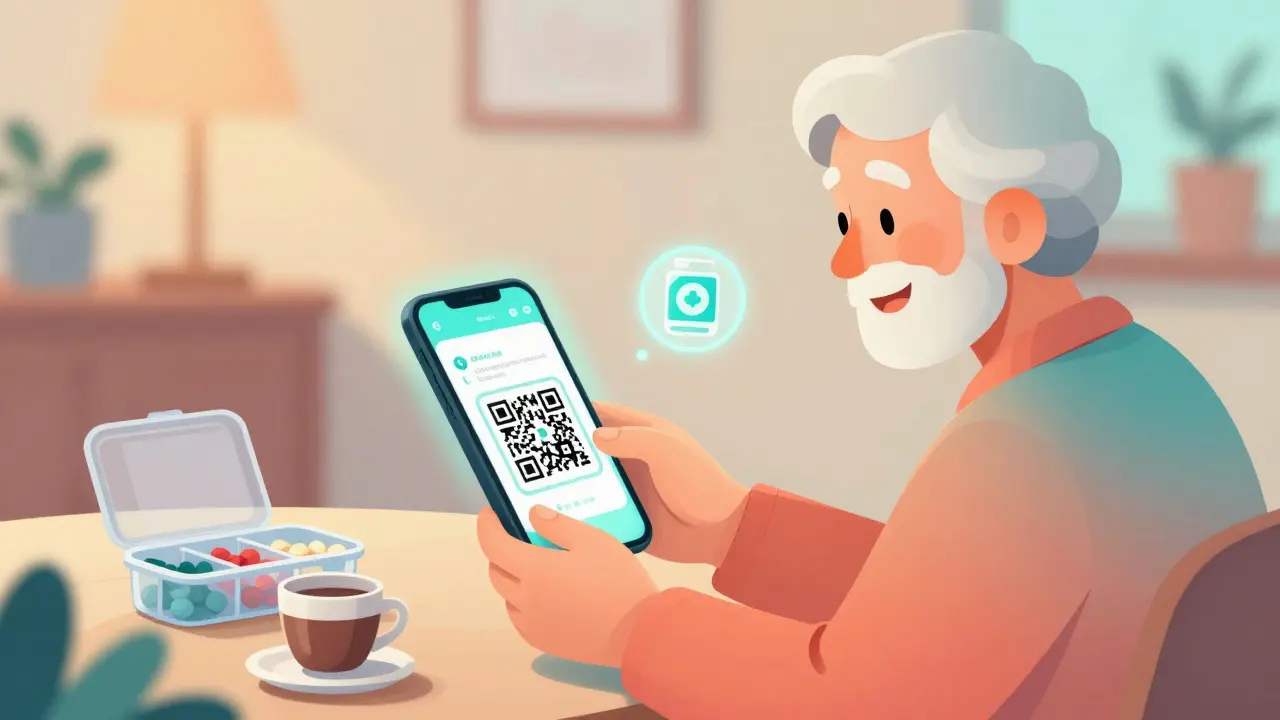Management: Practical Tips for Managing Medications and Health
Keeping medicines and health care under control doesn’t have to be chaotic. If you take multiple drugs, start new treatments, or shop for meds online, small systems cut mistakes fast. Below are clear, practical steps you can use today to stop missed doses, avoid bad interactions, and keep your pharmacist and doctor in the loop.
Simple systems that actually work
Make one list and keep it current. Put every prescription, dose, strength, and reason on a single paper or phone note. Update it after every refill or doctor visit. When you call a pharmacy or see a new clinician, read from that list — it avoids guesswork and reduces errors.
Use a pill organizer or single daily blister packs. If your routine changes often, set alarms on your phone or a smart speaker. Pair alarms with a short habit: take pills after brushing teeth or with a daily meal. That linking makes doses stick without thinking about it.
Track side effects and benefits in a simple journal. One line per day with time, symptom, and how you felt. When a drug causes sleepiness, stomach upset, or mood shifts, this log shows patterns. Bring the log to appointments — it helps your provider make smarter changes quickly.
Buying meds online and avoiding trouble
Order only from pharmacies you can verify. Look for a real address, a licensed pharmacist contact, and clear prescription rules. If a site offers powerful drugs without asking for a prescription, walk away. Scams often promise low prices but ship fake or dangerous products.
Compare total costs, not just sticker price. Shipping, customs, and repeat orders add up. Use coupon services and check for accredited discount programs. If a new online seller looks tempting, search for recent reviews and the pharmacy’s registration in the country where it operates.
Manage interactions by asking one simple question: "Does this combination cause harm?" Pharmacists can run interaction checks quickly. You can also use reputable interaction apps, but always confirm with a human professional before changing anything.
Plan for travel and emergencies. Carry a copy of your med list, keep medicines in original containers, and pack extra doses in case of delays. Store drugs according to label instructions — some need cool, dry places; others must avoid sunlight.
When to ask for help: contact your provider if you notice any new worrying symptoms after starting a drug, if a medication stops working, or if cost and access become barriers. Seek immediate care for severe allergic reactions, fainting, chest pain, or sudden breathing trouble.
On this site you’ll find detailed guides on safe online pharmacies, drug alternatives, side effects, and patient stories that show real-world management tips. Use the practical tools above first, and keep your health team informed — steady management beats occasional fixes every time.





